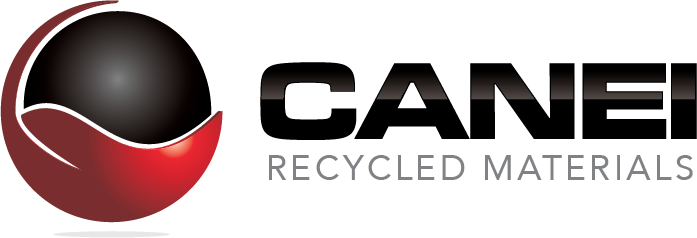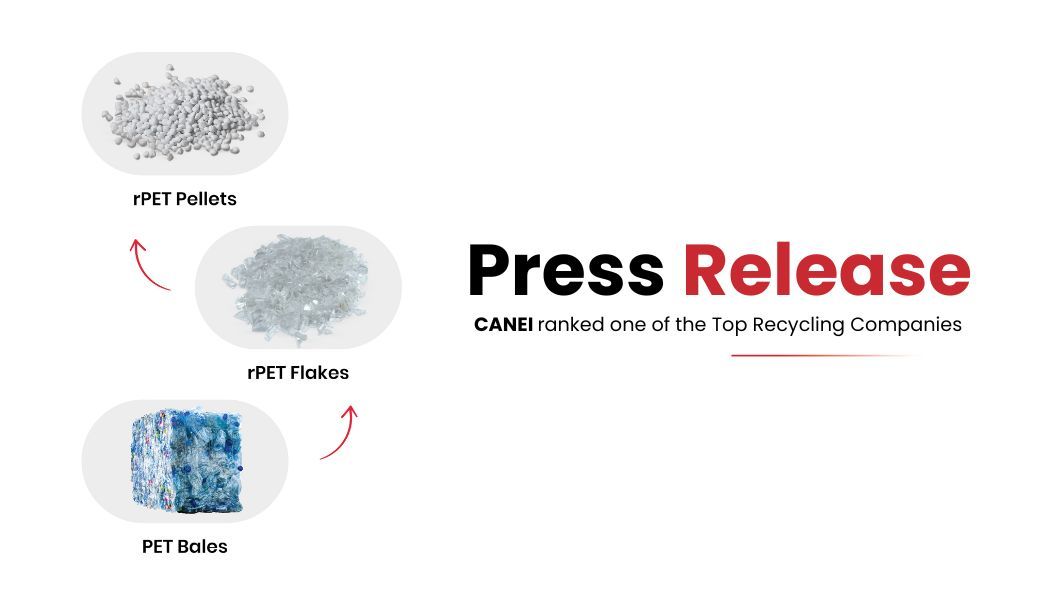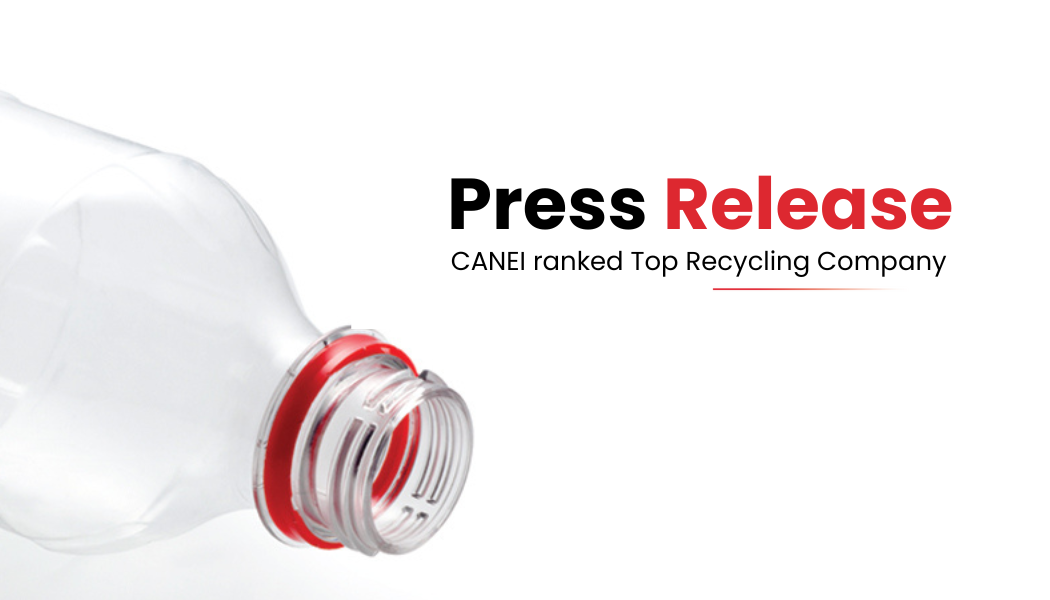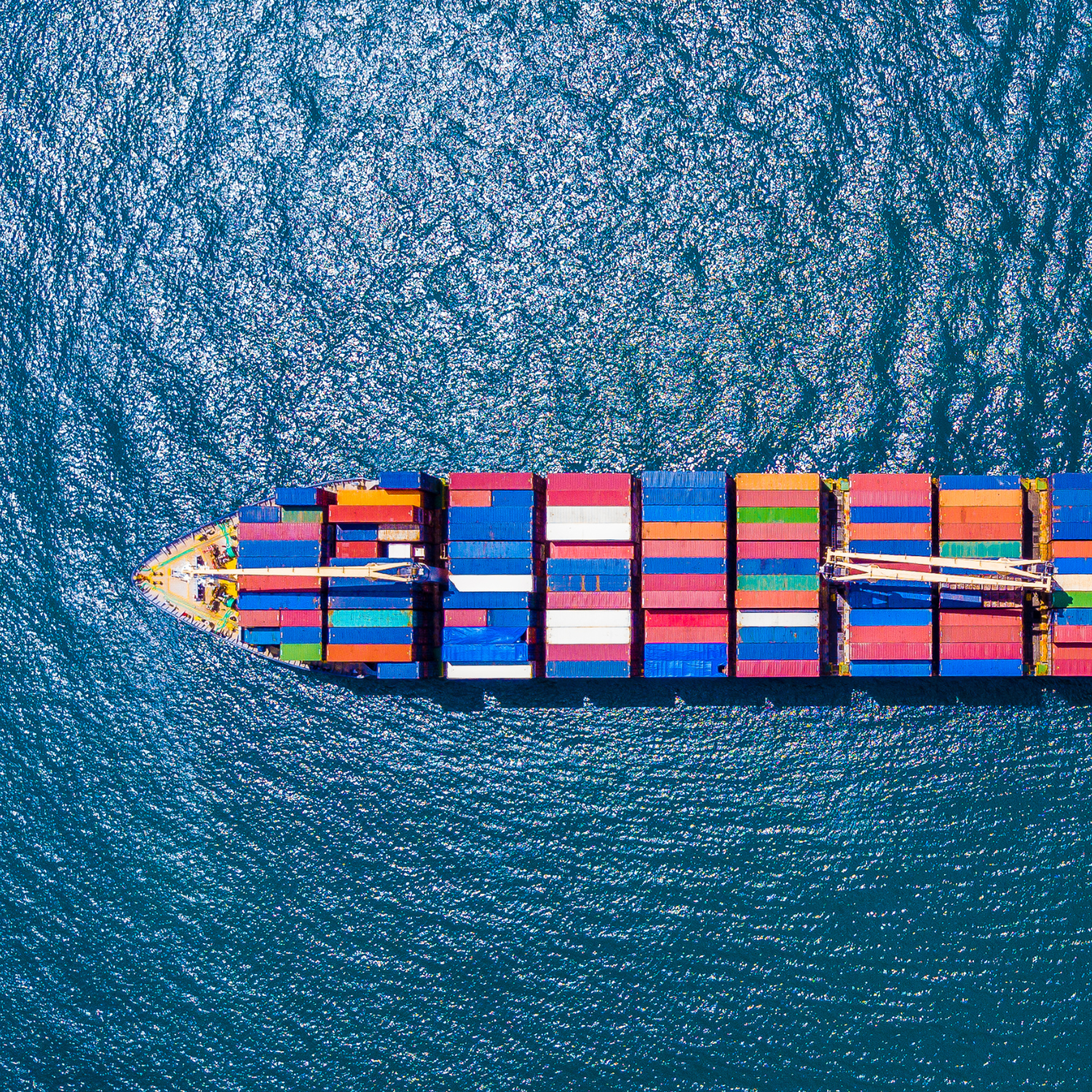Eco-Modulation and EPR: The New Playbook for Packaging Brands
Sustainability: A Business Imperative for Packaging Brands
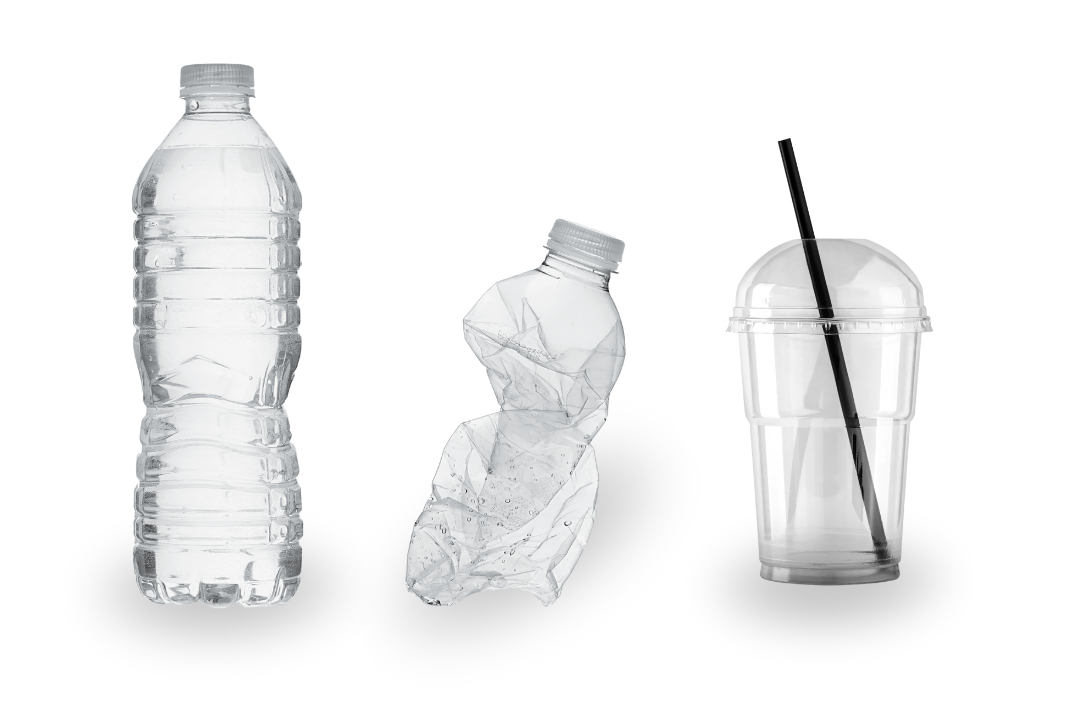
Sustainability is no longer a “nice-to-have” for packaging brands—it’s a business imperative.
With the rise of impactful policies like Extended Producer Responsibility (EPR), Deposit Return Schemes (DRS), and eco-modulation, companies using recycled materials, such as rPET, must adapt quickly to thrive.
In the latest episode of the Plastic Recycling Podcast, Marissa Heffernan, editor of Policy Now, joined CANEI's own Alkarim Shamsy to discuss how these policies are reshaping the recycling and packaging industries. If you haven’t listened yet, check out the episode here.
Why EPR and Eco-Modulation Matter
During the episode, Marissa highlighted key trends every packaging brand needs to know:
- Extended Producer Responsibility (EPR):
These policies shift the cost of managing packaging waste from municipalities to producers, prompting brands to rethink their packaging design for recyclability and sustainability.
- Eco-Modulation:
Built into EPR, this framework incentivizes sustainable packaging by reducing fees for recyclable designs and imposing penalties on less eco-friendly options. France has already seen success, with significant reductions in non-recyclable black packaging as companies strive to avoid higher fees.
- Deposit Return Schemes (DRS):
Modernized DRS programs are expanding to include more beverage types, higher deposit values, and enhanced convenience, driving up recycling rates in states like Oregon, Iowa, California, Connecticut, Hawaii, Maine, Massachusetts, Michigan, New York, and Vermont.
How Policy Shapes Market Trends
Marissa brought attention to several nuanced aspects of these policies that every brand should consider:
- The Push for Uniformity
Fragmentation in recycling systems across states creates confusion for consumers and inefficiencies for producers. States leading the way in EPR and DRS, like Oregon, are creating standardized systems that others may follow, offering a roadmap to greater alignment.
- The Role of Producers in Driving Change
Producers are moving from resisting regulations to embracing them. Companies like Coca-Cola are actively supporting DRS programs because they need a reliable supply of post-consumer resin (PCR). This shift underscores the growing alignment between policy goals and business needs.
- Technology as a Catalyst
Advances in sortation and recycling technologies are helping create cleaner, higher-quality recycled materials. States implementing these programs are not only setting mandates but also investing in infrastructure upgrades that will benefit the entire supply chain.
- Economic and Social Impacts
Policies like California’s pollution mitigation fund highlight the broader benefits of sustainable practices. Funds collected through EPR are being directed to disadvantaged communities, addressing historical inequities in pollution exposure and creating opportunities for positive change.
Why This Matters for Brands Using rPET
As Marissa emphasized, these policies are fostering innovation and growth in the recycled materials market, especially for rPET. Here's why rPET is essential:
- Regulatory Compliance:
EPR mandates often include post-consumer resin (PCR) requirements, and rPET is a perfect fit.
- Cost Efficiency:
Eco-modulation rewards recyclable materials, creating financial and reputational advantages for rPET users.
- Consumer Trust:
Transparent and verified sustainable practices resonate with eco-conscious consumers, strengthening brand loyalty.
Be Part of the Circular Solution
The insights shared by Marissa Heffernan on the Plastic Recycling Podcast make one thing clear: the time to act is now. With global brands championing circularity and regulatory pressures increasing, embracing recycled materials like rPET is no longer optional—it’s essential.
Collaborating with the right partners can make navigating these changes easier and more impactful. By incorporating recycled materials like rPET into your packaging strategy, you can align with evolving regulations, meet consumer expectations, and contribute to a circular economy.
Listen to the full episode here and contact us at info@caneicorp.com to learn how we can support your journey to sustainable packaging.
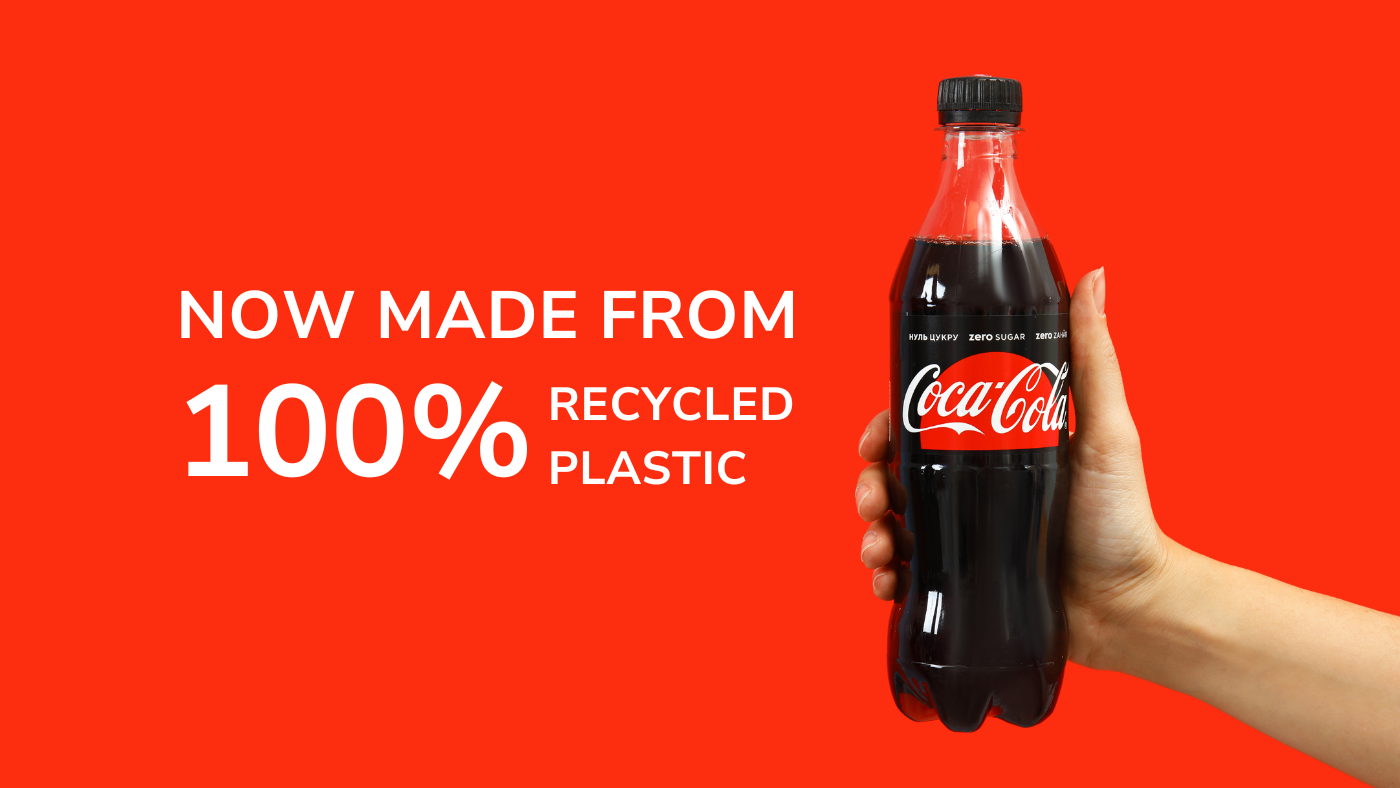
© CANEI Corp 2023 – All Rights Reserved






